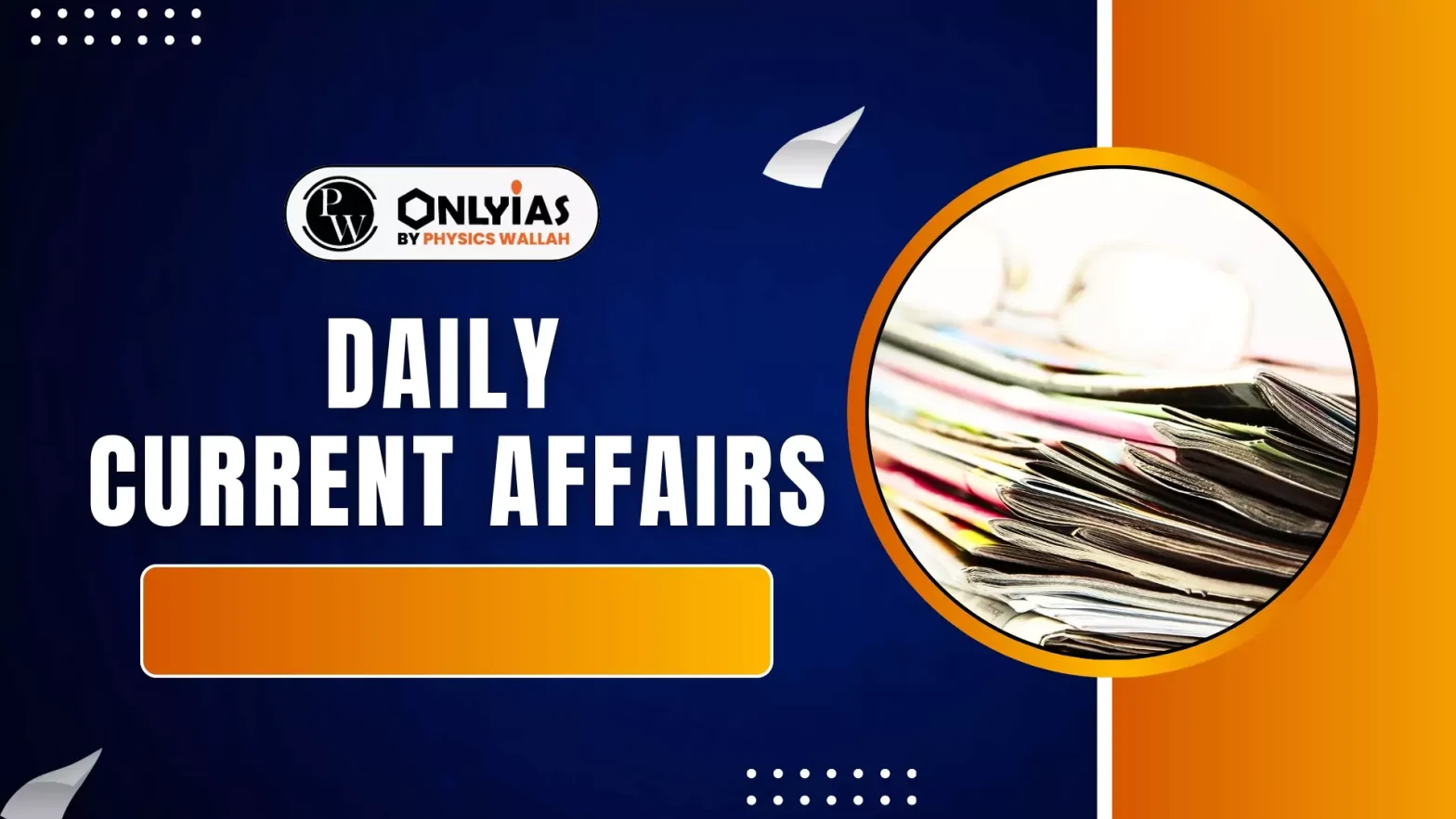The Chief Justice of India (CJI) has forwarded an inquiry report on Justice Yashwant Varma to the President and Prime Minister, recommending his removal.
Course of Action on the Judge
- In-House Procedure: The CJI constituted a three-member judicial panel to investigate the allegations of Corruption against Justice Varma, as per the Supreme Court’s internal guidelines.
- Panel Composition: The inquiry committee included Chief Justices of Punjab & Haryana and Himachal Pradesh High Courts and a Karnataka HC judge.
- Forwarding to President: Based on the panel’s findings, the CJI has submitted the report and Justice Varma’s reply to the President, initiating the formal removal process
Judicial Independence vs Executive Oversight
- Preserving Judicial Autonomy: While judicial independence is crucial, mechanisms must exist to ensure accountability in cases of alleged misconduct.
- Need for Balanced Oversight: Oversight by the executive and legislature must not threaten the autonomy of judges but ensure ethical standards are maintained.
|
Constitutional Provisions for Removal
- Article 124: Deals with the appointment and removal of Supreme Court judges through an impeachment process requiring a special majority in Parliament.
- Article 217: Pertains to the appointment and removal of High Court judges and provides the procedure for addressing their misconduct.
Procedure for Removal of a High Court Judge under the Judges (Inquiry) Act, 1968
- Initiation of Motion: A motion for the removal of a High Court judge must be signed by at least 100 Lok Sabha members or 50 Rajya Sabha members.
- Admission of Motion: The Speaker (Lok Sabha) or Chairman (Rajya Sabha) may admit or refuse the motion after due consideration.
- Constitution of Inquiry Committee: Upon admission, a three-member committee is formed, comprising:
- A Supreme Court judge,
- A Chief Justice of a High Court, and
- A distinguished jurist.
- Investigation Process: The committee frames specific charges, provides the judge an opportunity to respond, and may recommend a medical examination if incapacity is alleged.
- Committee Report: If the judge is found not guilty, the motion is dropped. If found guilty, the report is presented to Parliament.
- Parliamentary Approval: Both Houses must pass the motion with a special majority (majority of total membership and two-thirds of members present and voting).
- Presidential Assent: Following parliamentary approval, an address is presented to the President, who then orders the judge’s removal.
Need for Judicial Accountability
- Maintaining Public Trust: Unequal prioritisation of cases undermines judicial credibility and fosters the perception of bias toward affluent litigants.
- Issues with Collegium System: The current system where judges appoint judges lacks transparency and can lead to nepotism or bias.
- Potential Conflicts of Interest: The CJI deciding on administrative and judicial matters, including cases where they may be personally involved, questions neutrality.
- Allegations of Misconduct: Past cases involving Justices Ramaswami and Ranjan Gogoi show that allegations of corruption and harassment tarnish the judiciary’s image.
- Judicial Overreach: Excessive judicial activism, especially in executive and legislative matters, risks undermining the principle of separation of powers.
- Consequences of No Accountability: Without strong checks, judicial independence may be used to shield unethical behavior rather than to protect justice.
Steps Taken to Ensure Judicial Accountability
- Restatement of Values (1997): Laid down ethical guidelines for judges.
- Bangalore Principles (2002): Set international standards for judicial conduct.
- Judicial Standards and Accountability Bill (2010): Proposed a National Judicial Oversight Committee.
- Live-Streaming of Proceedings: Approved by the Supreme Court to enhance transparency.
- Draft Memorandum of Procedure, 2016: (2016): Emphasised “merit and integrity” in judge appointments.
- SC vs. Agrawal Case: Declared the CJI a public authority under the RTI Act, promoting openness.
Steps Required for Strengthening Accountability
- Encouraging Media Scrutiny: Media and academia should engage in critical, scholarly evaluation of judicial decisions.
- Establishing Judicial Lokpal: An independent body should investigate complaints against judges.
- Comprehensive Code of Conduct: A detailed ethical code should be developed and enforced for all judges.
- Two-Level Discipline Mechanism:
- Level 1: Penalties like fines or suspension.
- Level 2: Formal removal process for serious violations.
- Diversity Awareness in Appointments: Appointees should be sensitised to India’s socio-cultural diversity to ensure fair and inclusive justice delivery.
![]() 10 May 2025
10 May 2025
